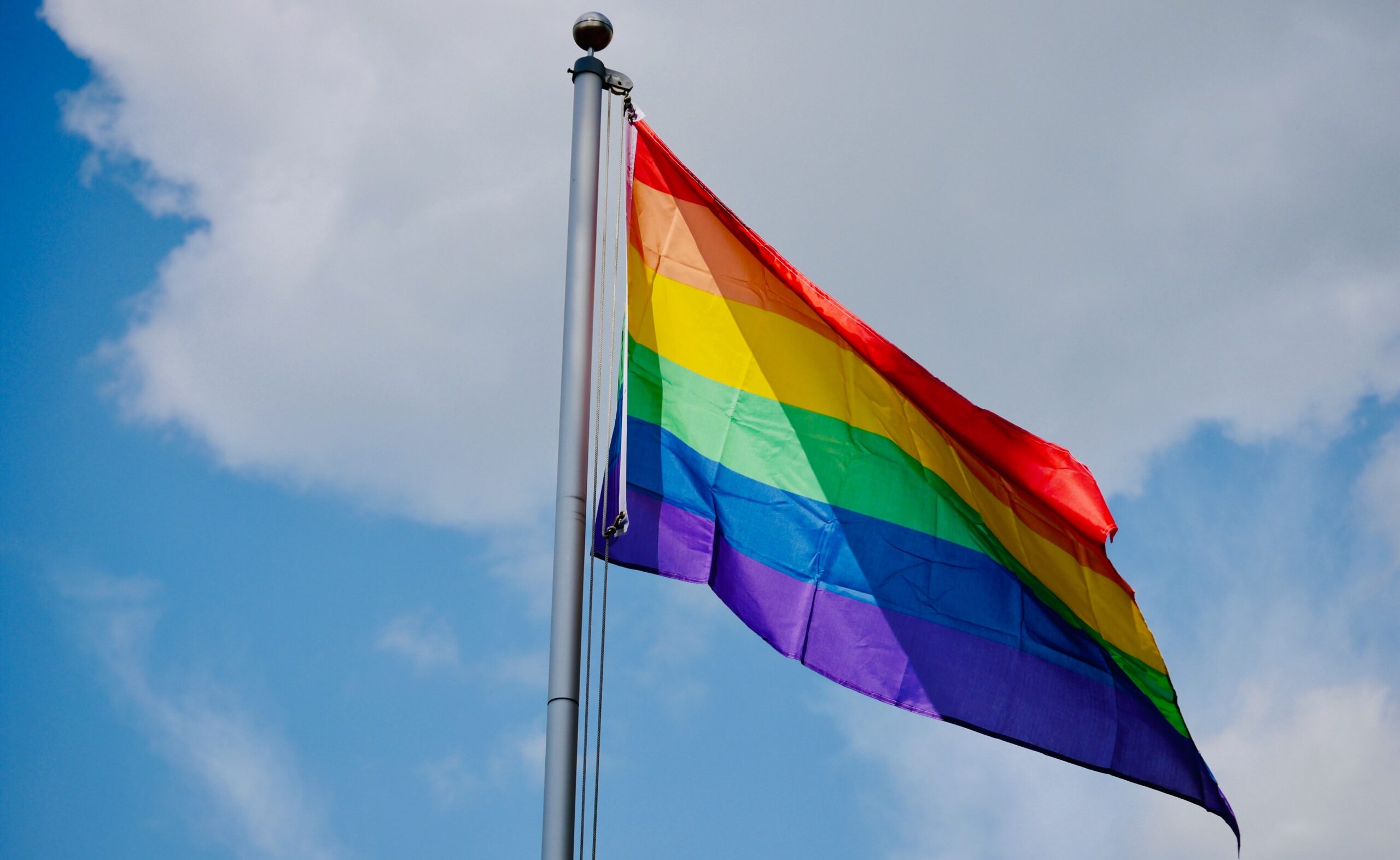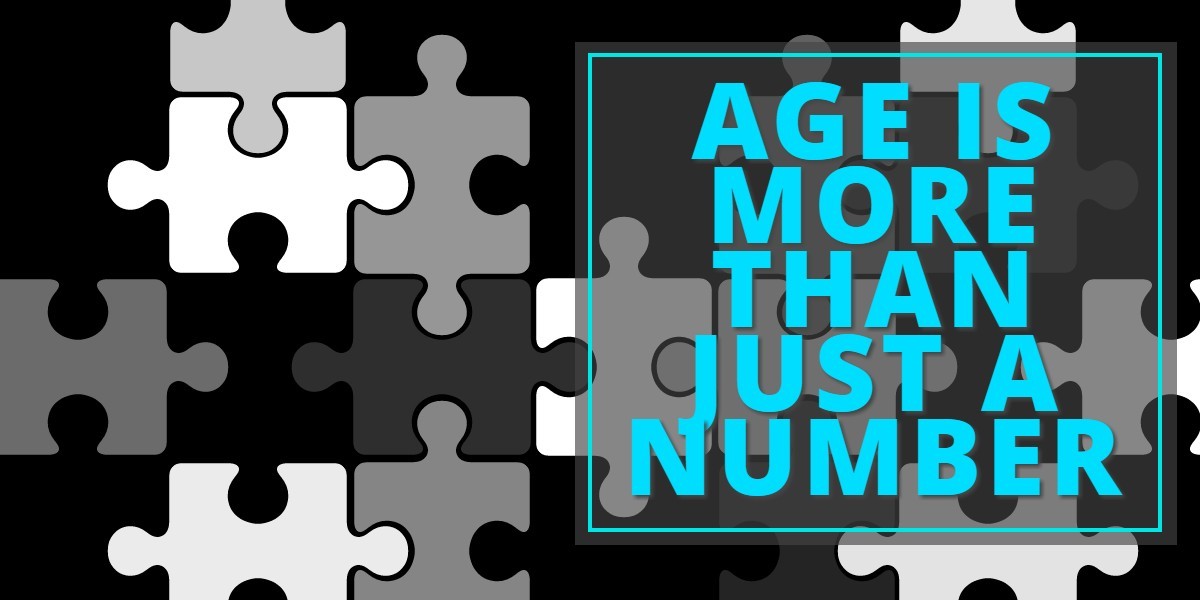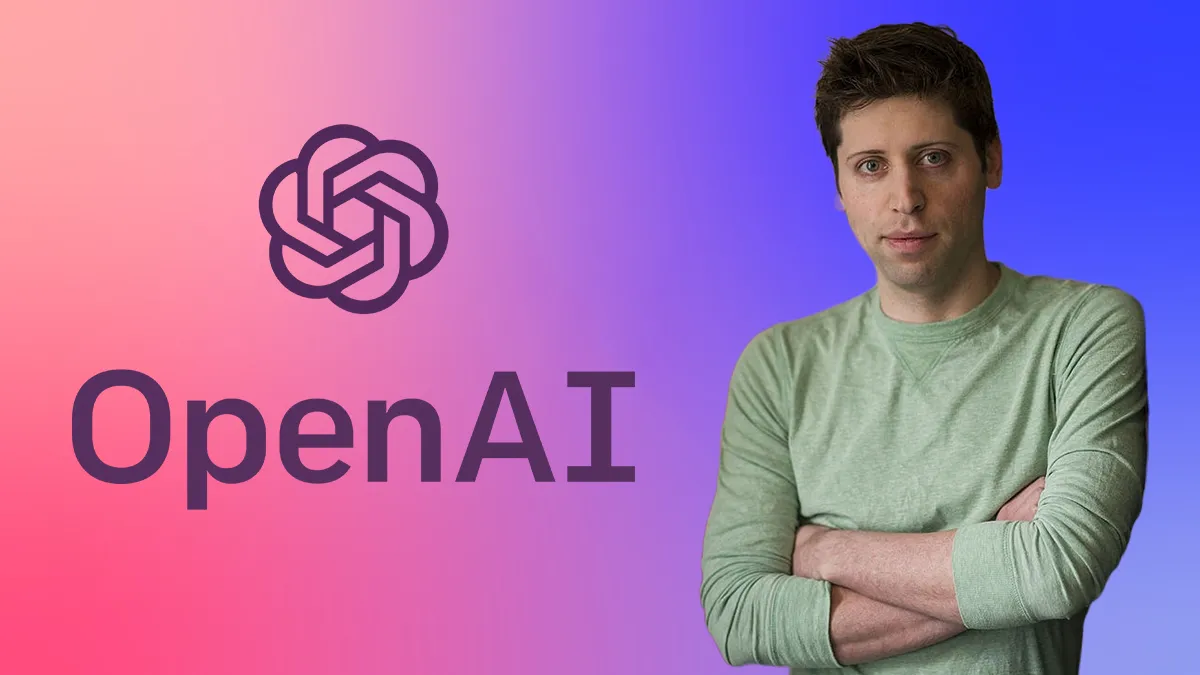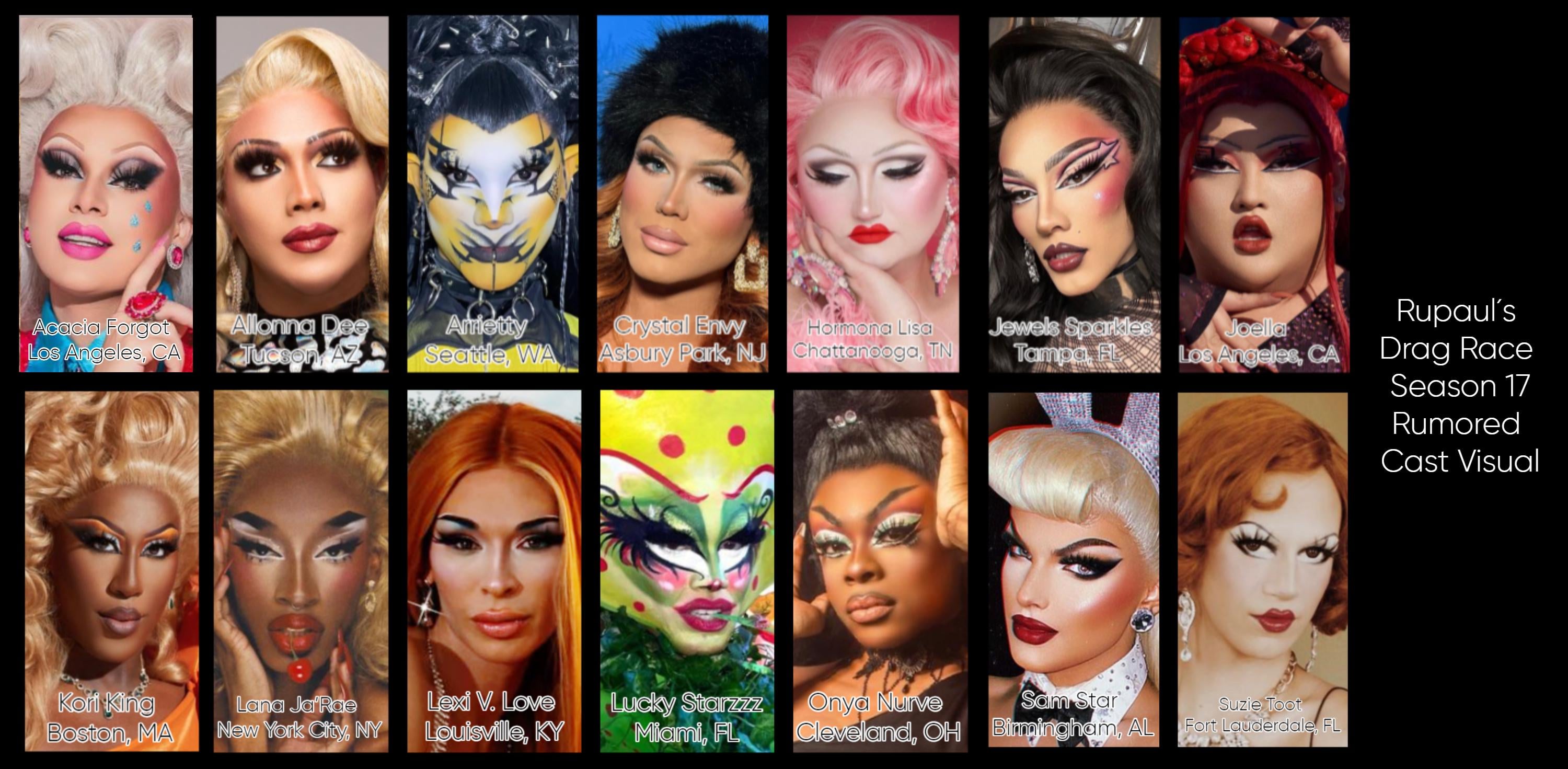Eurovision 2024: Pride Flags Banned From Stage

Table of Contents
The Reported Ban and its Source
The news of a potential Eurovision 2024 Pride Flag Ban emerged from several independent news outlets citing anonymous sources within the Eurovision organization. At the time of writing, there has been no official confirmation or denial from the European Broadcasting Union (EBU), the body responsible for organizing the contest. The lack of transparency has fueled speculation and further intensified the controversy.
- Source of the information: Several reputable news organizations covering LGBTQ+ issues and Eurovision have reported on the alleged ban, citing anonymous sources within the Eurovision production team.
- Specific details of the reported ban: Reports suggest a ban on the display of pride flags and other LGBTQ+ symbols on stage during performances and potentially in the audience areas. The exact scope of the alleged ban remains unclear.
- Lack of official confirmation or denial: The EBU's silence has exacerbated the situation, leading to increased suspicion and widespread condemnation.
- Speculation about the reasoning behind the ban: Speculation ranges from concerns about potential political backlash in the host country to internal disagreements within the Eurovision organization itself. No official reason has been provided.
Reactions and Backlash from LGBTQ+ Community and Allies
The reported Eurovision 2024 Pride Flag Ban has been met with swift and widespread condemnation from LGBTQ+ organizations and individuals globally. The reaction highlights the deep significance of LGBTQ+ representation at a globally watched event like Eurovision.
- Statements from LGBTQ+ rights groups: Numerous LGBTQ+ rights organizations have issued strongly worded statements condemning the reported ban, calling it discriminatory and a setback for LGBTQ+ visibility.
- Social media reactions and hashtags: Social media has exploded with reactions, with hashtags such as #EurovisionPride, #Eurovision2024, and #NoPrideNoEurovision trending widely, showcasing widespread public outrage.
- Calls for boycotts or protests: Calls for boycotts of the contest and protests at the event itself are gaining traction, demonstrating the level of public discontent with the alleged ban.
- Potential impact on LGBTQ+ viewers and participation: The reported ban risks alienating LGBTQ+ viewers and potentially discouraging LGBTQ+ artists from participating in future contests.
Potential Implications for Eurovision's Image and Inclusivity
The controversy surrounding the potential Eurovision 2024 Pride Flag Ban has significant implications for Eurovision's brand and its reputation as an inclusive event.
- Damage to Eurovision's reputation as an inclusive event: The alleged ban directly contradicts Eurovision's stated commitment to diversity and inclusion, potentially causing irreparable damage to its image.
- Loss of viewers and sponsors due to the controversy: The negative publicity surrounding the reported ban could lead to a significant loss of viewers and sponsors who value inclusivity and oppose discrimination.
- Impact on future participation from LGBTQ+ artists: The controversy might deter LGBTQ+ artists from participating in future contests, limiting the diversity of performers and performances.
- Contradiction with Eurovision's stated commitment to diversity and inclusion: The alleged ban is a stark contrast to Eurovision’s past efforts to promote diversity and inclusion, creating a credibility gap.
Previous Years and Comparisons – A Historical Perspective
While Eurovision has seen increased LGBTQ+ representation in recent years, this hasn't been without its challenges.
- Examples of past instances of LGBTQ+ representation (positive or negative): Past Eurovision contests have witnessed both positive examples of LGBTQ+ inclusion (e.g., openly gay performers) and instances of subtle or overt homophobia.
- Comparison to other international events and their handling of similar issues: Comparing Eurovision's handling of LGBTQ+ issues with other international events can provide valuable context and illuminate best practices.
- Trends in LGBTQ+ visibility and acceptance within the context of the Eurovision Song Contest: Analyzing the historical trajectory of LGBTQ+ visibility in Eurovision reveals a complex picture of evolving attitudes and progress, punctuated by setbacks.
The Role of the Host Country (if applicable)
Depending on the host country's laws and cultural context, there may be underlying factors contributing to this reported ban.
- Host country's stance on LGBTQ+ rights: The host country's legal and social attitudes towards LGBTQ+ rights may influence decisions made regarding the event.
- Potential legal or political factors contributing to the ban: Political pressure or legal constraints in the host country might play a role in the reported ban.
Conclusion
The reported Eurovision 2024 Pride Flag Ban represents a significant setback for LGBTQ+ inclusion in a major international event. The lack of official communication from the EBU only serves to amplify the controversy and the concerns surrounding the organization’s commitment to diversity. This situation underscores the ongoing struggle for LGBTQ+ rights and representation globally. The potential consequences are severe, ranging from reputational damage to a chilling effect on LGBTQ+ participation. Stay informed about further developments regarding the Eurovision 2024 Pride Flag Ban and continue to advocate for a more inclusive and representative Eurovision Song Contest. Let your voice be heard on social media using relevant hashtags like #EurovisionPride and #Eurovision2024 and demand transparency and accountability from the Eurovision organizers. The fight for LGBTQ+ inclusion at Eurovision, and beyond, continues.

Featured Posts
-
 Is Age Just A Number Redefining Age And Its Impact
Apr 30, 2025
Is Age Just A Number Redefining Age And Its Impact
Apr 30, 2025 -
 Fired Ftc Commissioners Fight For Reinstatement
Apr 30, 2025
Fired Ftc Commissioners Fight For Reinstatement
Apr 30, 2025 -
 Sag Awards 2024 Gillian Anderson And David Duchovny Share The Stage
Apr 30, 2025
Sag Awards 2024 Gillian Anderson And David Duchovny Share The Stage
Apr 30, 2025 -
 The Diverging Paths Of Altman And Nadella The Future Of Ai At Stake
Apr 30, 2025
The Diverging Paths Of Altman And Nadella The Future Of Ai At Stake
Apr 30, 2025 -
 Find Untucked Ru Pauls Drag Race Season 16 Episode 11 Free Streaming
Apr 30, 2025
Find Untucked Ru Pauls Drag Race Season 16 Episode 11 Free Streaming
Apr 30, 2025
